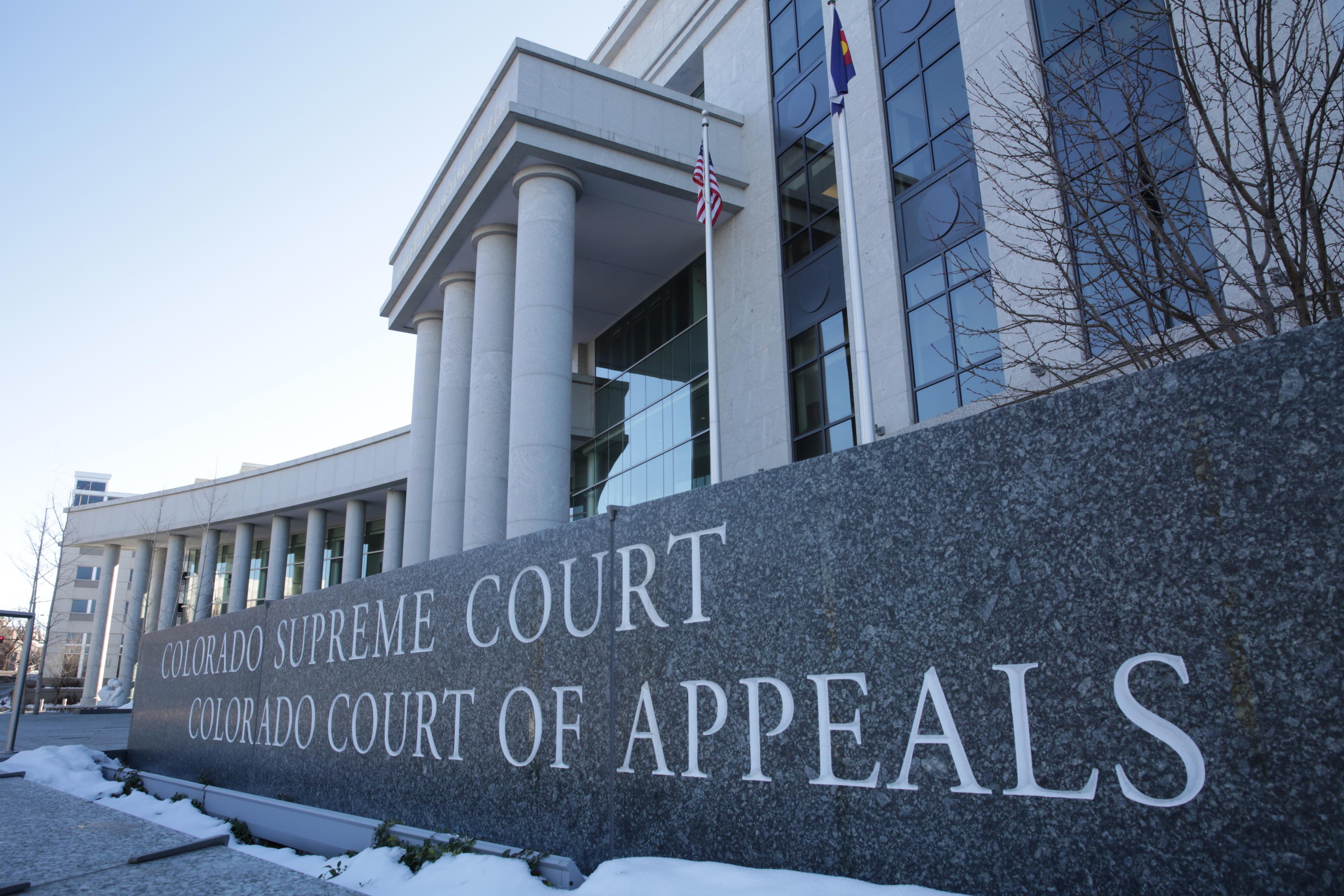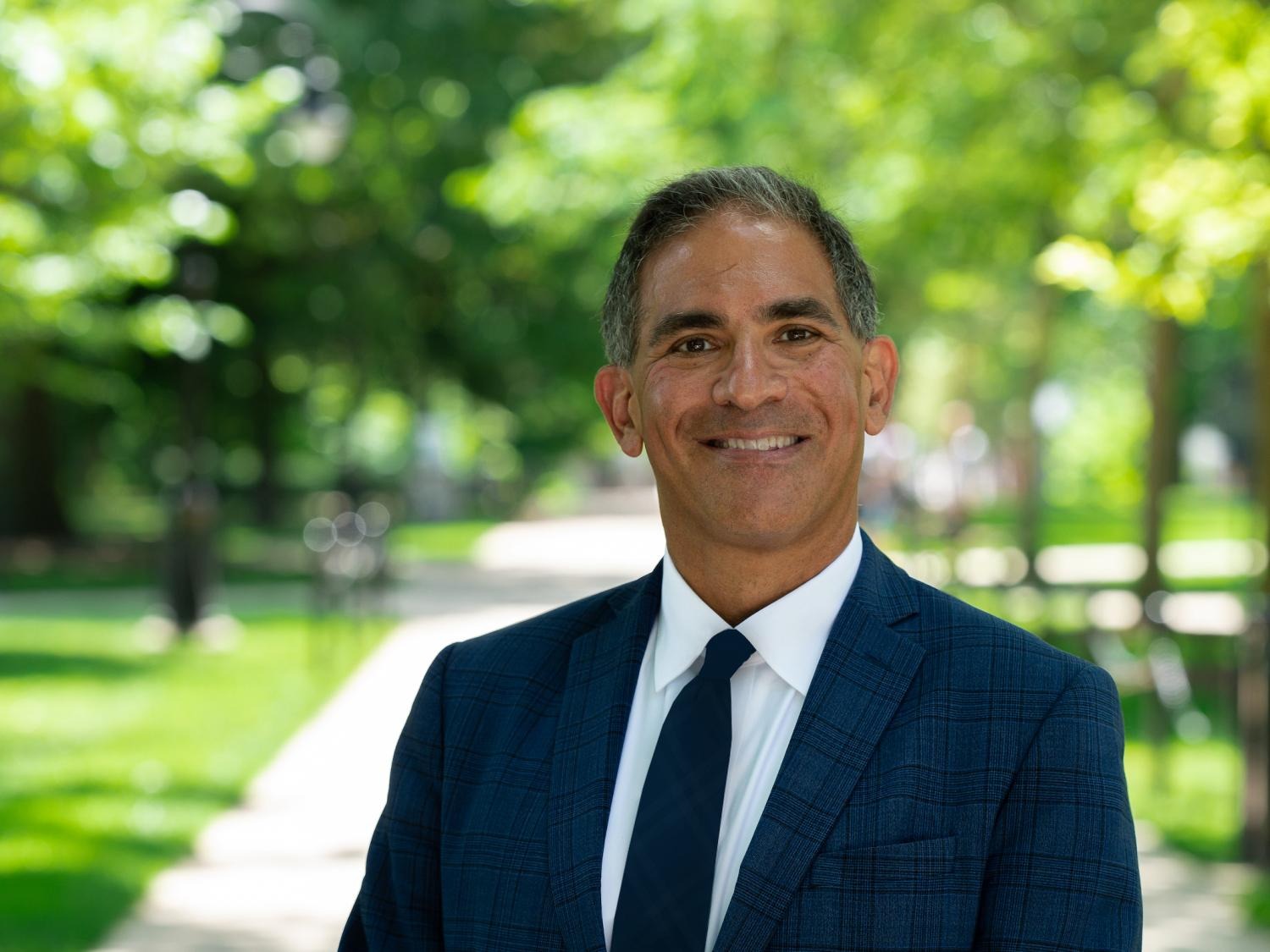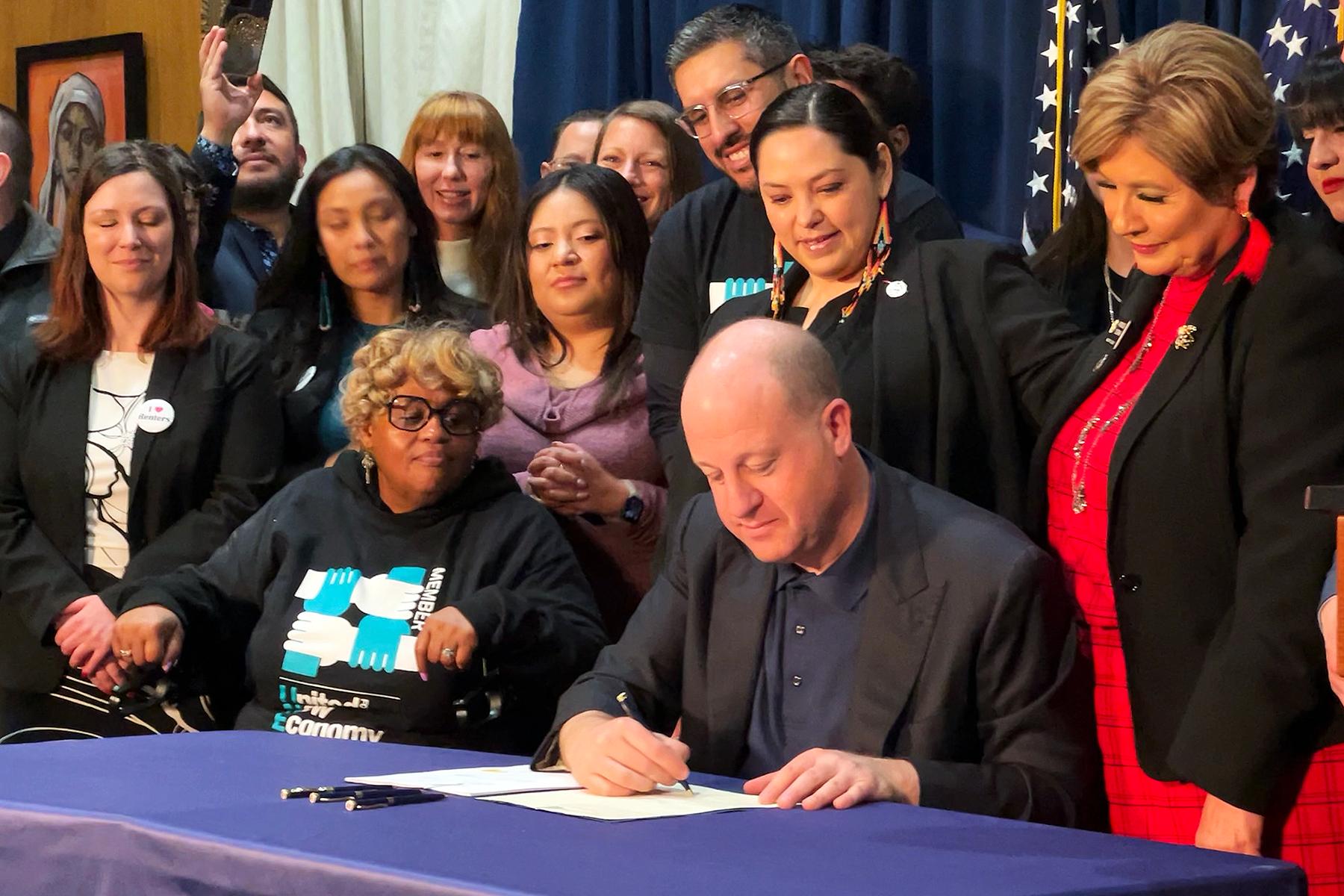
The Colorado Supreme Court is considering whether it’s fair for judges to require a person on probation to provide additional proof of necessity for medical marijuana.
The Colorado case centers around Alysha Walton, who pleaded guilty in El Paso County court in 2017 to driving under the influence of alcohol and speeding. She agreed to probation, and Walton’s lawyer requested a hearing to ensure that Walton would be able to retain her access to medical marijuana while serving her sentence. Walton was told by the judge that her doctor would need to appear at the hearing.
It’s difficult to quantify how many people face these kinds of requirements from judges in Colorado. The most recent numbers from the Colorado Department of Public Health and Environment show that more than 80,000 people in the state hold valid medical marijuana cards. El Paso County -- where the case originates -- is home to more than a quarter of the state’s medical marijuana patients, more than any other county.
The question of whether to allow medical marijuana use during probation is even murkier elsewhere. California, for example, allows anyone on probation -- or even in prison -- to petition a judge for the lawful use of medical marijuana. But it’s unclear how often those petitions are granted.
Washington state goes much further -- in 2014 the state stopped testing parolees for marijuana use all together, granting them the right to use legal marijuana like any other citizen -- something Colorado doesn’t even allow. Rhode Island explicitly allows for medical marijuana use while serving probation, and an Arizona supreme court decision from 2015 bars prosecutors and courts from denying medical marijuana access as a term of probation.
In the Colorado case, Walton appeared at her hearing without a doctor -- despite being instructed otherwise -- telling the judge that she could not get a medical professional to appear in person or by phone. However, Walton did provide her medical marijuana card and a letter from her doctor. That fell short of the court’s requirement that a medical professional testify.
In the end, Walton’s probation required her to abstain from medical marijuana. The Colorado Public Defender’s office, which has taken up her defense, argued that restriction is an abuse of the court’s power, especially since Walton provided documentation to support her need for medical marijuana.
In 2015, Colorado passed a law allowing access to medical marijuana for those who were serving probation in a criminal case. But the issue is far from clear-cut. Denver attorney Jay Tiftickjian says it’s one of the top issues people call him about.
“Every single day,” he says. “Every morning, I wake up and I check my mail and I see inquiries that come in overnight where people are on probation and they want to use medical marijuana, or people are upset that they’re on probation and they’re not being allowed to use medical marijuana. And these are not my clients.”
The number of inquiries became so staggering that his firm added a page to their website to answer some common questions.
“It’s a very hot topic.”
Tiftickjian says requirements like this aren’t new, and can often just depend on a judge’s views on marijuana in general.
He says in his work, he sometimes worries that asking for judges to allow for his clients to use medical marijuana may cause a judge to issue a harsher decision when it comes to their sentencing.
“A person’s sentence always has a lot to do with who the judge is. And while you can never pick who your judge is, you can’t change who your judge is, you always have to know who your judge is,” he says. “And if you’ve been doing this for as long as I have, you’re going to know what judges completely frown on marijuana no matter what. And you’re gonna know what judges have an open mind and are willing to follow the law because that’s what the legislature tells them to do.”
John West, one of Tiftickjian’s clients, was also charged with a DUI for alcohol in Jefferson County. West says the judge in that case required him to make a choice -- West could either retain his access to medical marijuana, or give up his right to drive for the duration of his probation -- two years.
“I did not use marijuana for two years, and was put on a prescription medication for anxiety instead and completed probation successfully and now I’m using medical marijuana again,” West says. He relies on it to treat anxiety and post traumatic stress disorder.
“It was not a good situation, and the state put me in a very bad spot,” he says. “It was something I never wanted to go back on -- prescription medication.”
West’s case echoes the Walton case before the state Supreme Court this week -- a judge who has unique policies around medical marijuana cardholders who are serving probation.
Cayce Duncan, one of the public defenders working with Walton, argued in a brief that the judge in Walton’s case was required to look at the facts of her medical marijuana enrollment. Requiring a doctor to present those facts, Duncan wrote, constituted an abuse of the court’s power to dictate the conditions of her probation.
The El Paso County District Attorney contends that the judge acted within her authority, and was simply adhering to a “standing policy” that “requires the appearance of a medical professional to help determine if there is appropriate authority for the use of medical marijuana.”
The 2015 law allowing probationers to use medical marijuana offers a caveat to judges -- probationers can be restricted from using it if their charge is related to marijuana. A revision to the law a year later made it clearer, though, that judges in these situations had to consider material evidence when it comes to medical marijuana use, not just a substance abuse assessment. As to what types of material evidence, the legislature left that up to judges.
Walton’s lawyers argue that because her case was related to alcohol -- not marijuana -- that there is no reason to restrict Walton’s marijuana use in the first place. In response, the El Paso DA said that it considered Walton’s past marijuana use as a teenager, and argued that she “showed a lack of motivation to change her drug and/or alcohol use.”
The justices heard oral arguments in the case this week, and have yet to issue a decision.
This legal question is just one of many unexpected wrinkles to legal weed in Colorado. Check out On Something, our podcast all about life after legalization, to learn about more surprising situations like this.









